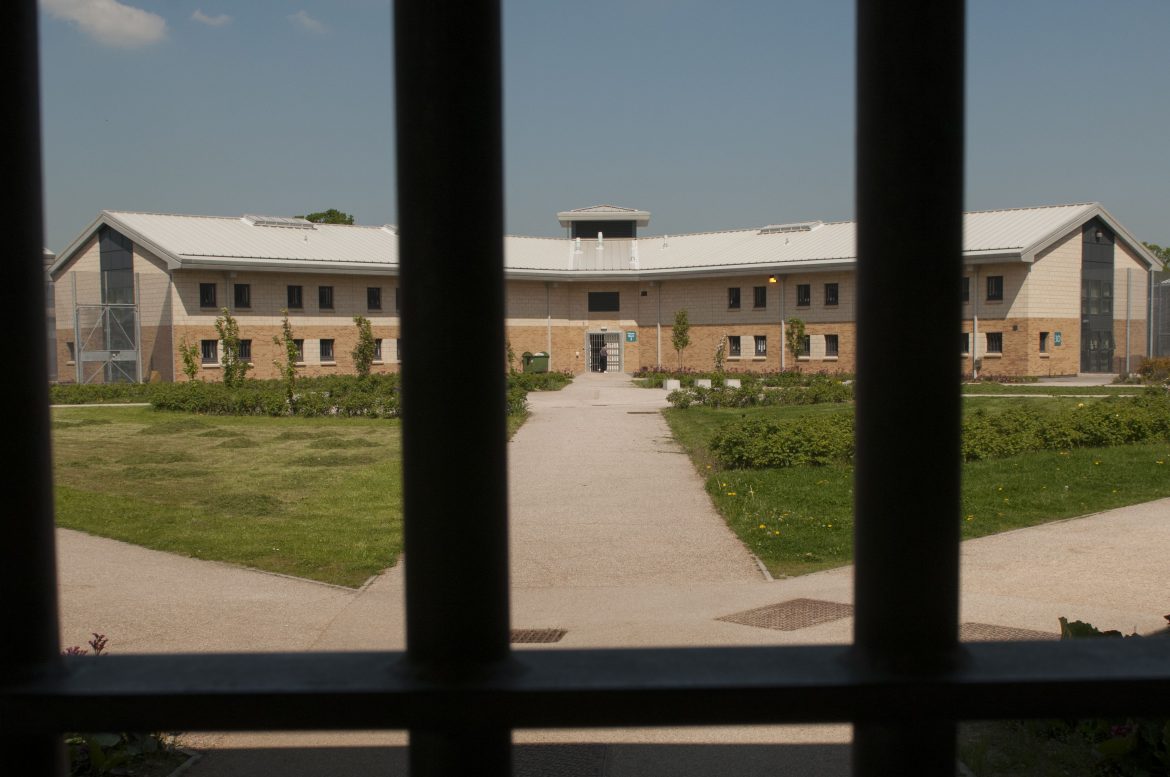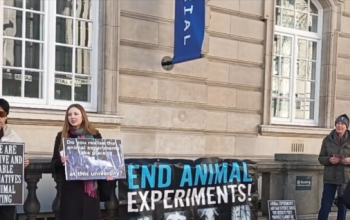In a pivotal moment for British justice, the House of Lords is due to decide the fate of prisoners serving Imprisonment for Public Protection (IPP) sentences.
The sentences were introduced in 2005 with the intention of indefinitely detaining serious offenders. However, they were used far more widely than intended.
Former UK Supreme Court Judge Lord Brown describes them “as the greatest single stain on our criminal justice system.”
Forty women are among the 2,852 prisoners still languishing in prison with an IPP sentence, often due to relatively minor offences, even though IPP sentences were abolished nearly 12 years ago due to being unlawful.
UN Special Rapporteur on Torture Alice Edwards believes IPP sentences are an “egregious miscarriage of justice” and amount to “psychological torture”.
As part of a submission to the Justice Select Committee, one IPP prisoner said she was given a minimum sentence of two and a half years but has now served 11 years with no end in sight.
“My three young children have all suffered anxiety because I am unable to give them a date. I have been saying soon since they were babies,” she said.
The majority of the remaining unreleased IPP prisoners have been held for at least ten years beyond the end of their mandatory sentence and do not know when they will be released.
Suicide rates and poor mental health are much higher among IPP prisoners compared to other inmates.
Many lose hope due to the indeterminate sentences, particularly because of the disproportionate time many prisoners serve in relation to the crime committed, which in some cases is as minor as stealing a mobile phone.
Since the sentence was introduced, 78 IPP prisoners have killed themselves, making them two and a half times more likely to self-harm than the general prison population.
Four women have died in custody during an IPP sentence and many more have attempted suicide.
Charlotte Nokes was found dead in her cell at HMP Peterborough in July 2016 after serving seven years longer in prison than her original 15-month minimum term for attempted robbery.
As a prolific artist, she was offered a scholarship from Central St Martins School of Art that she was never able to take up.
At the time of her death, she had been waiting for 18 months to be transferred to a psychiatric hospital.
After her inquest in 2020, her father Steven Nokes said: “As a family, we remain concerned about the way Charlotte was treated in prison and do not believe the care she received was appropriate.
“She had many struggles in life, was beaten up for being different and experienced mental ill-health.
“Prison was never the best place for her. The indefinite sentence only made this worse. Charlotte lost hope and so did we.”
In 2018 research in memory of Charlie Nokes highlighted the particular barriers facing women with these sentences.
Of the women interviewed, the research found: “Most had children, all of whom were in local authority care”, and many had experienced significant bereavements after the period of their minimum sentence – with the women serving between twice and thirteen times their original sentence.
Deborah Coles, director of the charity Inquest, said: “For far too many women, prison remains a disproportionate and inappropriate response to their behaviour and needs. Indefinite sentences continue to cause additional harm.”
Former Labour Home Secretary David Blunkett, who introduced the sentences, is backing the tabled amendment to the Victims & Prisoners bill, which will require the resentencing of all IPP prisoners – a move previously called for by the Justice Committee but rejected by government.
The amendment was tabled by Lord Moylan. He said: “The mental health problems caused by the IPP sentence itself multiply the difficulties these prisoners face in obtaining release.”
He believes the government would be justified to treat them as a special case to assist them in discharging them from their sentences.
Social infrastructure strategic planner, training for the NCTJ News Journalism qualification and publishing local news stories via the Kingston Courier.






